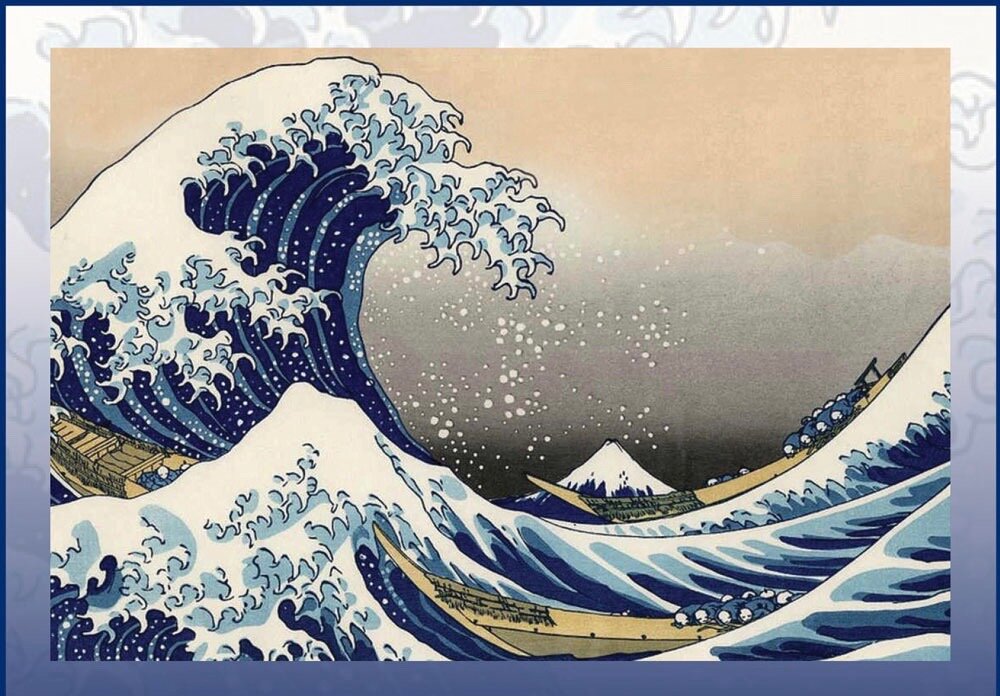In re-reading the PDF I sent around last week, I was struck by the description of the opposing forces of greed and aversion that exists in comparing ourselves to others. Comparing is a relentless activity in our culture. We laud competition in all areas of life - sports, finance, productivity at work or at home. But it often starts with competition between siblings for love or attention when there is a sense that such love or attention is finite and one sibling’s gain is another’s loss. It abounds in youthful friendships or love relationships at all ages. The idea that one person’s gain is another’s loss is a deeply entrench idea behind competition.
Here is how the article described it. Remember the definition of greed can be read as desire, craving, or wanting, while hatred can also refer to aversion or not wanting.
Greed and hatred aren’t necessarily all-or-nothing states, both occurring in varying degrees and varieties. Jealousy and envy are instructive in this regard, ranging from states of minor discomfort to that of consuming passions. Not only that but these particular forms of coveting demonstrate the invariable simultaneity of attraction and aversion. If I’m held in the throes of jealousy, that’s because I want to possess a particular object or person to the exclusion of others. I’m left suspended between the will to include and exclude, a contradiction that can’t be sustained because the two states are emotionally self-canceling.
It’s a matter of reeling in and tossing out at the same time. But jealousy and envy also point unmistakably to the source of this simultaneity, which is seen to reside in threatened identity, a protective defense on behalf of the idea one holds of one’s “self.” If, as in jealousy, I’m distressed by the attention someone gives to someone other than me, it’s because I somehow feel diminished by that loss.
The critical possessiveness that drives me into jealousy is not found so much in the desire to possess the coveted object itself as in the manner in which the object's possession reflects on me. Which means that what I’m actually trying to protect is my idea of myself, which leaves me straining to maintain possession of the conditions necessary to support the “person” I think I am. If I’m coveting your house, job, wife, car, success, or fame that’s because I feel less of a person with them in your possession than in mine. If I can’t match or exceed your acquisitions and successes, I’m drawn into doubt regarding myself. I need what you have in order to be the person I want to be. https://tricycle.org/magazine/three-defilements/
This also applies at a more elemental level - such as desire for chocolate. Chocolate often triggers greed or wanting, the intense desire for the chocolate that is not connected to hunger. If I think of chocolate that might be in my cupboard and suddenly want that chocolate, it may drive me to stop whatever I was doing and go get the chocolate. I am simultaneously driven by a powerful desire to eat the chocolate and a powerful desire not to be frustrated in that desire. In other words, the desire has to be fulfilled, i.e., made to disappear, for me to be happy.
The greed and the aversion to the frustration of the greed have got a hold of me and won’t let go (I believe) until I have that chocolate. Interestingly, the chocolate is secondary. My desire to be relieved of the desire and the potential frustration of that desire is what drives me. If something distracts me or if I employ mindfulness to the desire at the root and ride it out, I will discover that the desire and aversion are impermanent states that will pass away once they arise whether or not I eat the chocolate and that centered state that comes when they pass on their own without my indulging in the chocolate is a relief and even a joy.
As with the prior examples, identification with the object of desire is at work. “I” must have that chocolate, need that chocolate. If “I" can get that chocolate, it will make “me" happy. Part of the relief when the desire passes away without indulging in the chocolate is the freedom from being driven by the needs of making the “self” happy. Indeed, when we begin to let go of objects of desire and allow desire to be met with mindfulness, we begin to live from a place of greater tolerance, greater acceptance for the states of having and not having that give us more freedom in our lives.
The great Thai forest master Ajahn Chah put it this way:
"If you let go a little, you will have a little peace.
If you let go a lot, you will have a lot of peace.
If you let go completely, you will have complete peace."
When we know desire and freedom from desire intimately, the choice gets easier.

